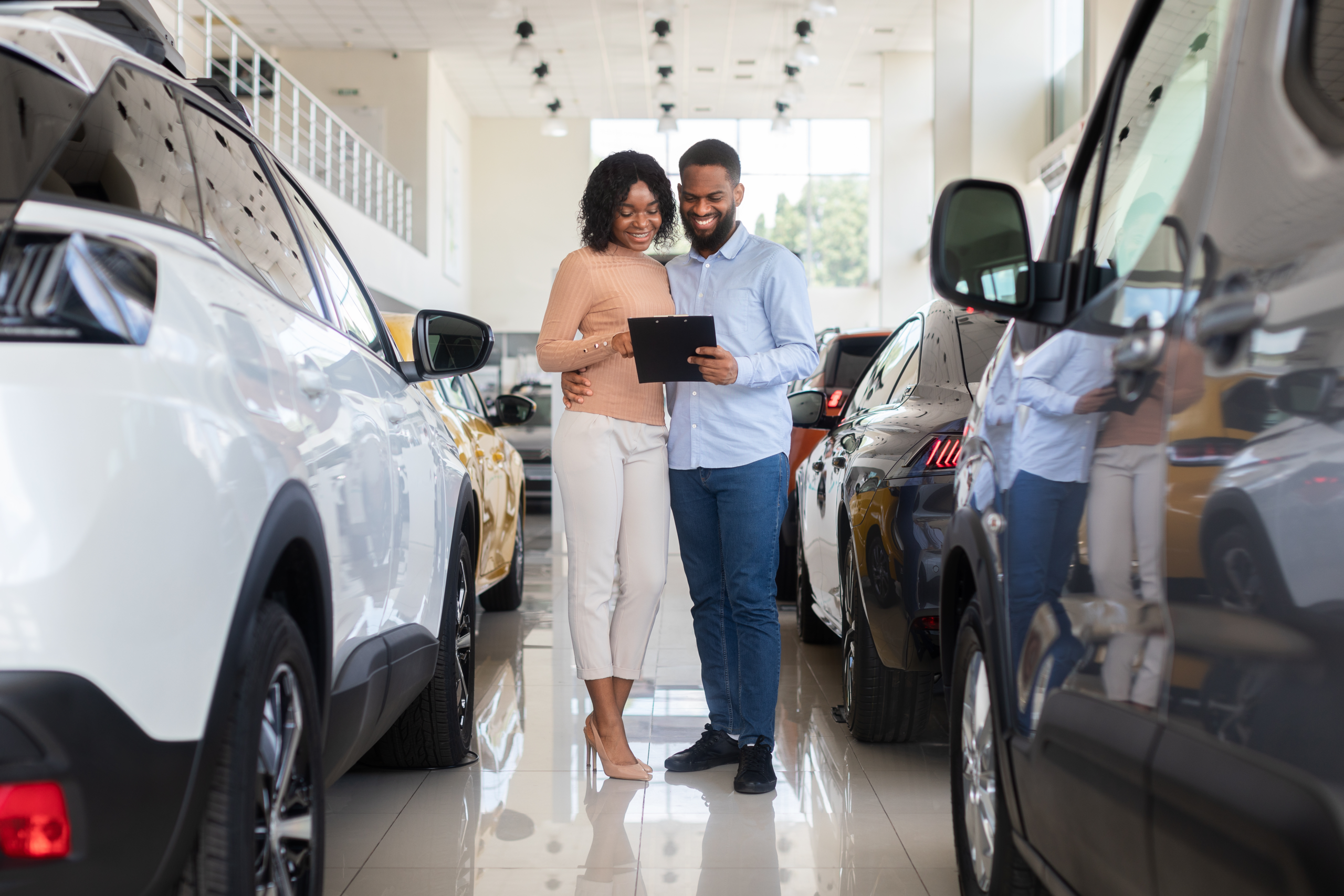
No-one in mobility is set up to win the 2020s auto battle — yet
We are observing a major shake-up in the automotive industry, one that may not have been seen before. Technology has transported our sector to a place where gasoline, hybrid and electric vehicles (EVs) are all vying for their place; and changing consumer attitudes are no longer compatible with the traditional model of car ownership.
To get a clearer picture amongst the noise, OC&C surveyed over 10,000 consumers across five global markets as part of the Global Automotive Disruption Speedometer to help businesses navigate 2020 in the right gear.
Autonomous vehicles and shared ownership: a plateaued trend at best
Businesses have been preparing for autonomous vehicles (AVs) but are now realising their goals are much further off than originally anticipated. As recently as last year, automakers targeted fully AVs on the roads in the early 2020s. However, full autonomy—particularly in complex urban centres—is still technologically a long way away, and consumers have demonstrated significant distrust.
“If AVs are to succeed, they need to win over consumers and tempt them away from wanting their own cars—only then will we see a fleet of robotaxis”
For these reasons, we are much more likely to see implementation around the time of the late 2020s or 2030s. Will the automotive industry gain consumer trust by then? Perhaps. China is most likely to lead adoption as almost three quarters (72%) of consumers are already comfortable with AVs. But for the rest of the major markets, there is plenty of work to be done.
OC&C research shows that German consumers are the most sceptical of the idea—over two thirds (67%) would not trust an AV, with the US following closely behind. It has been suggested that the fatality due to an Uber selfdriving test in 2018 was a major turn-off for American and European consumers. Even in the US, home of Uber, Waymo and Lyft, 70% of consumers would not try an AV if available. If AVs are to succeed, they need to win over consumers and tempt them away from wanting their own cars—only then will we see a fleet of robotaxis.
Shared mobility trends have also been heavily impacted by fluctuating consumer demand, and although gaining in appeal, for the majority of the market exclusive access to a vehicle is still important.
Just months after BMW and Daimler announced more than €1bn (US$1.09bn) investment in car-sharing, parking and EV charging, the pair ceased operations in several locations including London. In January, Volkswagen also announced it will be slashing costs at its Moia mobility unit.
Removing the hassle of car ownership
Cars remain a vital part of life for the 72% of drivers who said access to their car was essential. Most drivers mainly use their vehicles for commuting and school runs. This is not set to change and this peak usage prevents sharing.
However, where we do see the potential for radical change is in the way that consumers access or fund the purchase and running of their private vehicle. There are drifts in the data towards leasing, with over half (57%) of UK drivers indifferent to leasing, finance or full ownership. However, this rose considerably among the young, who should not be overlooked. This is an opportunity for businesses to capitalise on the younger generation’s openness towards leasing vehicles by offering flexible options.
“Full autonomy—particularly in complex urban centres—is still technologically a long way away, and consumers have demonstrated significant distrust”
In today’s world of monthly subscription services becoming commonplace, consumers have a strong appetite for fixed monthly payments to evolve into broader bundled solutions. Over 50% of drivers are keen for subscriptions to cover services like breakdown, servicing and repair and insurance. This takes the hassle out of running a car, transfers the risk of ownership and gives back vital time in their busy lives—and it is a wellproven model in mobile phones and alike.
While making car ownership quicker and simpler to manage, leasing in turn addresses electric and hybrid scepticism by eliminating the need for consumers to worry about battery life degradation and residual value.
Out of the major markets, France and the UK appear to be experiencing the quickest mental shift to EVs, with consideration increasing by 30-40% from last to next car purchase.
No one provider is set up to win…yet
The world’s in beta view on how car ownership will transform the automotive landscape, accelerated by the increasing momentum behind electric and hybrid vehicles. Today, multiple providers and services are managed by the consumer, but this is set to change as the future becomes more integrated, and these providers will be commercially and technologically joined up in ways not previously seen.
Therefore, the business to business fleet management and technology companies will have valuable capabilities here, along with new offers that are yet to be created and fully developed. Many businesses will believe they can win, and will increasingly encroach on each other’s turf. Let the battle begin!
This article first appeared on Automotive World, 31 March 2020
Key Contacts

John Evison
Associate Partner



